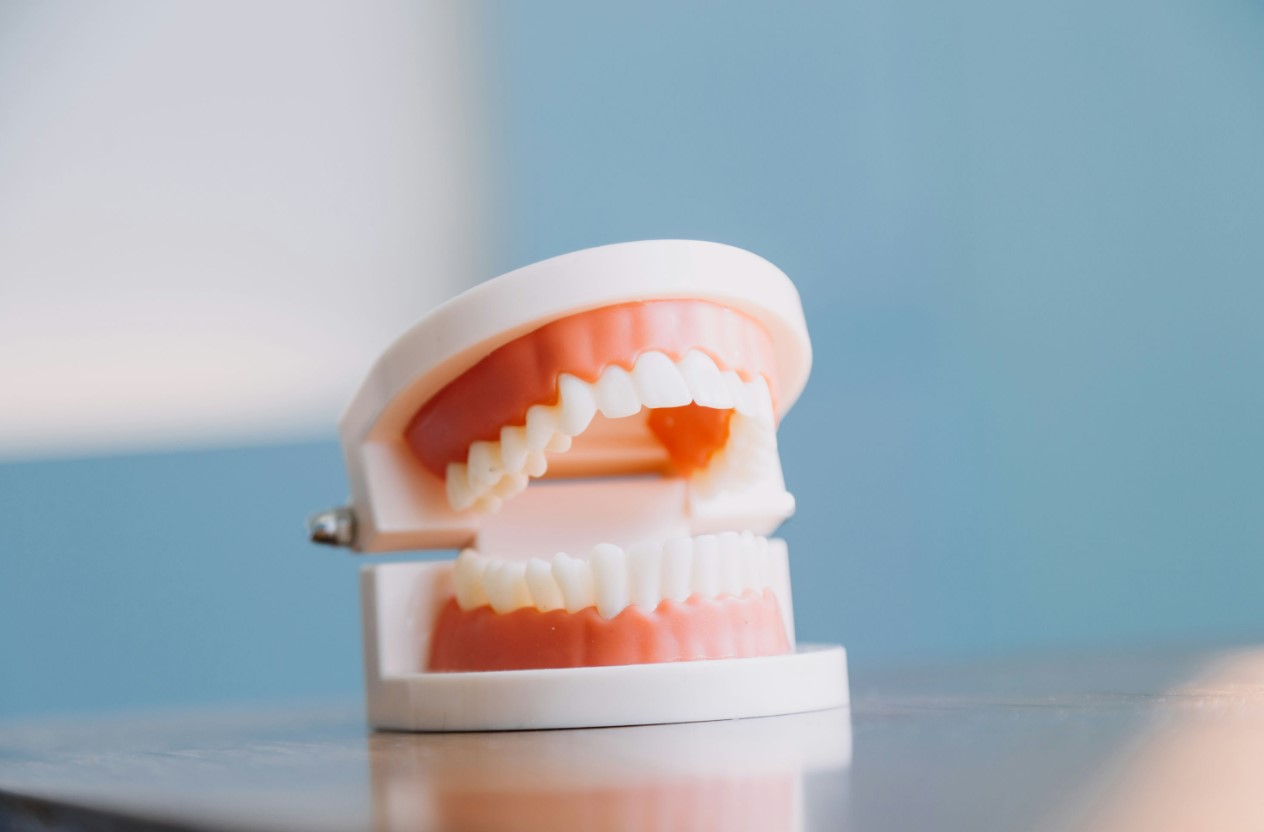Your temporomandibular joint is responsible for how you speak, bite, and smile – which means when things go wrong, it can have a significant impact on your life. Fortunately, we can teach you how to prevent TMJ dysfunction (TMJD, usually known simply as “TMJ”).
If you’re experiencing any issues with your jaw, be it pain, stiffness, clicking, or misalignment, your first step is to book an appointment with your dentist. They can give you a comprehensive checkup and diagnose the root cause to help you tackle the problem before it worsens. But while you’re waiting, let’s learn a little more about TMJ and how to avoid it.
TMJ: Causes & Symptoms You Need to Know
The temporomandibular joints (TMJ) connect your jawbone to your skull, which means they’re almost always working. They can be affected by a variety of disorders and conditions, generally divided into two main categories: disorders of the joints and of the muscles. These induce the same family of symptoms, collectively known as TMJ or TMD/TMJD.
Common Causes
- Teeth Grinding (Bruxism)
Grinding or clenching your teeth while awake or sleeping places pressure on the joint and can cause misalignment, muscle tension, and knots. - Jaw Misalignment
If your bite is not correctly aligned, whether you have an under- or overbite, this can also stress the joint and your facial nerves. - Neck or Back Pain
Muscle tension in your neck, shoulders, or anywhere in the same muscular ecosystem can also create tension in your jaw muscles. - Stress
Stress is a common trigger for all of the above, making it one of the most prevalent root causes of TMJ disorders.
Symptoms to Watch Out For
As it is a collection of disorders rather than a single disease, there are various symptoms to watch out for. For the most part, even one of the following is worth bringing up with your dentist at your next appointment. If you are experiencing severe pain or difficulty moving your jaw, don’t wait!
- Jaw & Facial Pain
You may experience tension and/or pain in your face or jaw. - Shoulder or Neck Pain
This is less common, but when it occurs together with other symptoms, this could be referred pain from your jaw dysfunction. - Stiffness & Difficulty When Moving
If your jaw feels like your muscles after a long absence from the gym, or you struggle to open or close your mouth, consider it a warning sign. - Popping & Clicking
If you feel and/or hear a popping or clicking sound when you speak or eat, which may or may not be accompanied by pain, get your jaw checked. - Headaches & Migraines
This is a fairly common symptom – tightness and discomfort in the jaw can cause tension headaches. - Altered Bite (Malocclusion)
A change in the way your teeth fit together (malocclusion) could signal problems with your jaw joints.
Practical Tips for Prevention
Ideally, we want to prevent TMD before it happens. If you are alert to changes and discomfort in your jaw, you can work with your dentist to take proactive steps to avoid full-blown dysfunction.
- Jaw Exercises
Your dentist can recommend simple daily exercises to strengthen the jaw and improve flexibility. - Stress Management
As mentioned above, stress is a big trigger; techniques like meditation help minimize clenching and other stress-related behaviors. - Posture Awareness
How you stand or sit throughout the day impacts the muscles in your upper back and shoulders, which can cause jaw strain. - Mouth Guards
These custom-made dental appliances protect your teeth and discourage nighttime bruxism.
How Your Dentist Can Help with TMJ
Why should you call your dentist when your jaw hurts? There are many ways that we can intervene to assist with TMJ prevention, protect your joints, and reduce pain and discomfort.
- Comprehensive Evaluation
Through physical exams, x-rays, and bite analysis, your dentist can diagnose TMJ, its early signs, and any underlying issues. - Custom Treatment Plans
There’s plenty of information on the internet, but only your dentist can work with you to create a TMJ treatment plan that addresses your specific symptoms and dental needs, including creating a custom mouth guard. - Therapeutic Interventions
Dentists have many tools in our arsenal to prevent and treat TMJ, including orthodontic adjustments such as Invisalign, muscle relaxants, or even Botox to relieve muscle tension. We can also collaborate with specialists like dental surgeons and physical therapists for more advanced solutions. - Regular Monitoring
If you’re showing early signs, your dentist can keep an eye on your jaw health at your regular appointments, adjusting your treatment plan as needed.
Take Control of Your Jaw Health With Advanced Dental Arts NYC
If your jaw aches or clicks, the best time to do something about it is right now! Avoid dealing with full-blown TMJ by keeping up regular visits to your dentist so you can maintain good oral health and address any problems as soon as they appear. Contact our team for a consultation, and we’ll create a personalized treatment plan to keep your smile pain-free.








